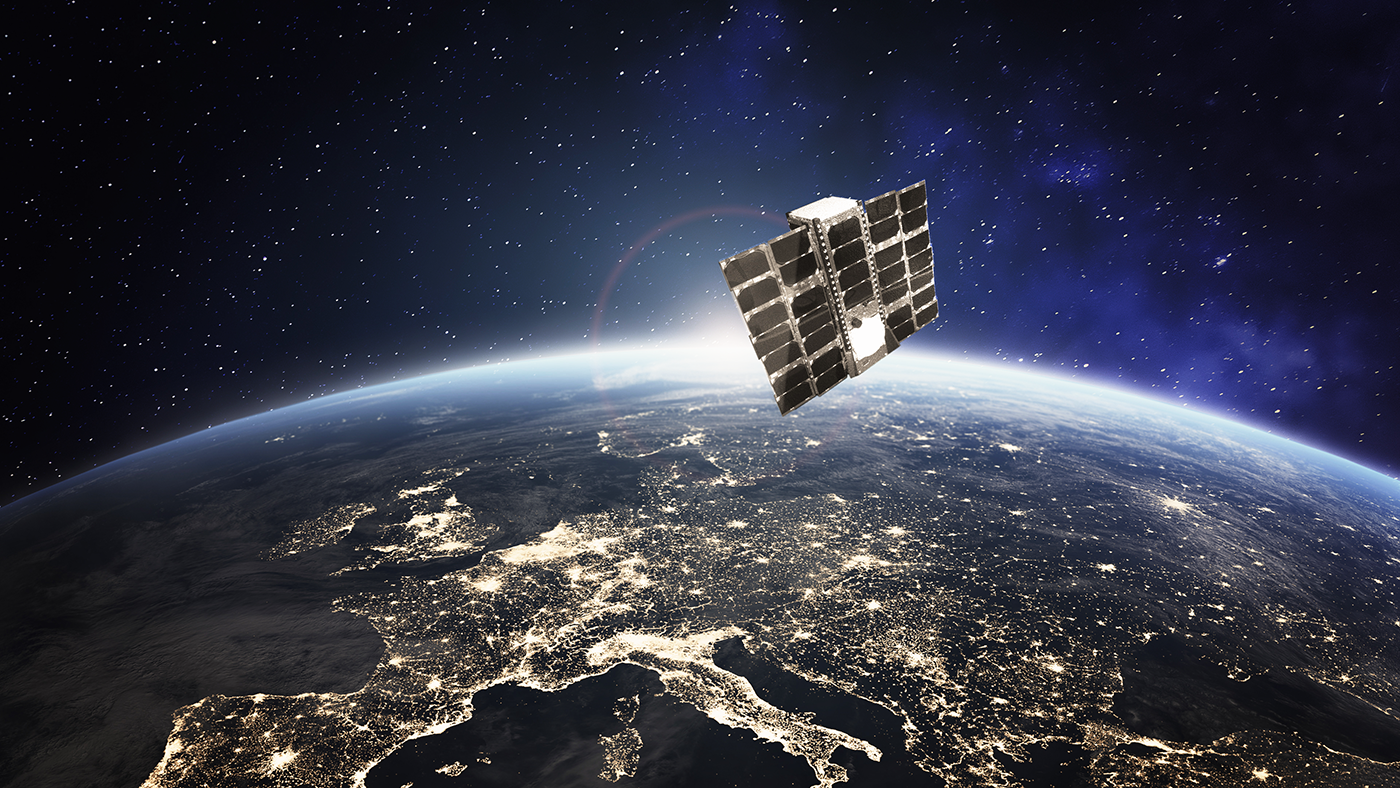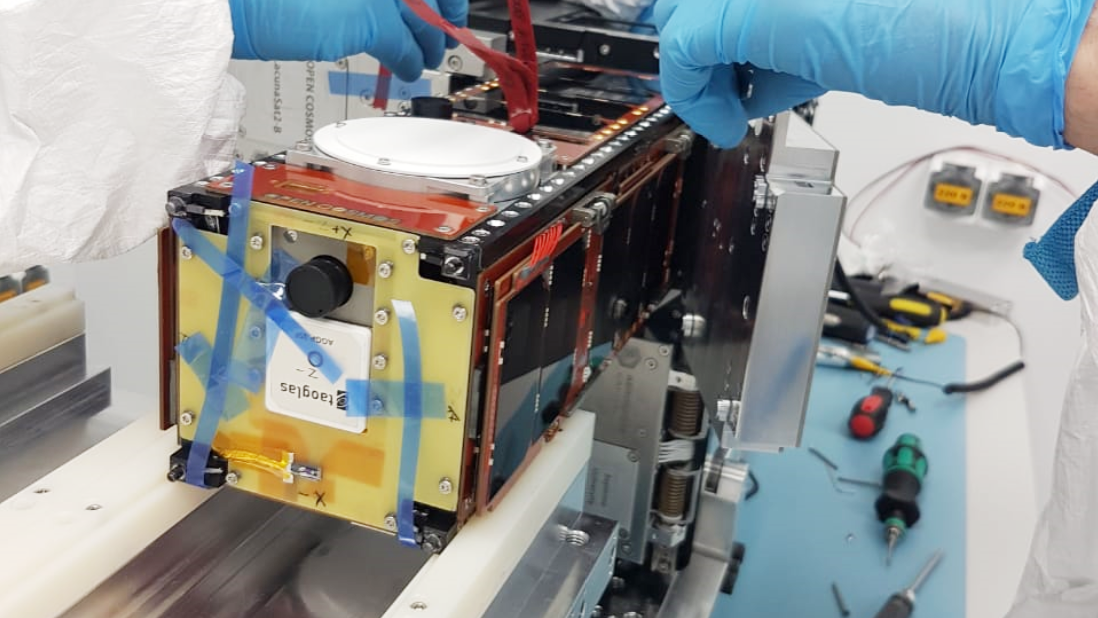UK space company Open Cosmos launches satellites to improve 5G IoT
UK SpaceTech firm Open Cosmos has launched two commercial satellites, one of which is the first satellite of 5G IoT space telecom operator Sateliot.

Get up to speed with 5G, and discover the latest deals, news, and insight!
You are now subscribed
Your newsletter sign-up was successful
Open Cosmos, a UK company that specializes in satellite-based technology, has launched two commercial nanosatellites, one of which is a 5G IoT satellite for telecom operator Sateliot – the first of its kind to provide continuous IoT connectivity, merging satellite and terrestrial networks under the 5G protocol.

Both nanosatellites were created entirely at the Open Cosmos HQ in Harwell, known as the heart of the UK’s space industry, with the company having dedicated £4 million in R&D to the project, courtesy of funding from the UK Space Agency and European Space Agency.
"These launches mark a major milestone for Open Cosmos, demonstrating the capacity of low-cost satellites to provide IoT connectivity."
Rafel Jordá, Open Cosmos.
“These launches mark a major milestone for Open Cosmos, demonstrating the capacity of low-cost satellites to provide IoT connectivity to remote parts of the world and collect data,” said Rafel Jordá, founder and CEO of Open Cosmos. “With £300bn of wider UK GDP supported by satellite services, Open Cosmos is key to unlocking these services and making them more accessible for businesses and governments across the world.
“We’re also extremely proud that Monday’s launches have been made possible by working closely with the UKSA, ESA, the Catapult and all our partner companies at Harwell Campus and abroad.”
Improving IoT with nanosatellites
Monday’s launch saw two Open Cosmos nanosatellites placed on the Soyuz-2 rocket, which took off from the Baikonur base in Kazakhstan, which is where the historical Sputnik missions were famously based.
“The successful launch of our latest satellite is another important milestone in expanding our network capacity, and growing our services,” said Rob Spurett, CEO of Lacuna.
“We are providing the ‘Internet for Things’ and it is quietly revolutionizing industries in the same way that connecting people to the internet has. The range of services and possibilities that Lacuna is enabling is incredible and beyond our wildest imagination: from mundane tracking of cargo containers to counting penguins in the Antarctic.”
Get up to speed with 5G, and discover the latest deals, news, and insight!
One of the Open Cosmos satellites launched on Monday is an addition to the Lacuna Space IoT constellation, which provides a service using LoRaWAN, a standard for IoT LPWAN connectivity. Whilst the other nanosatellite is a demonstrator model for telecoms operator Sateliot, which will provide 5G Internet of Things (IoT) capabilities in remote areas across the globe.
- Why 5G small cells are vital for mmWave 5G
- Get updates on the hottest 5G stocks
- Discover the truth behind 5G dangers
- 5G towers: everything you need to know
Dan is a British journalist with 20 years of experience in the design and tech sectors, producing content for the likes of Microsoft, Adobe, Dell and The Sunday Times. In 2012 he helped launch the world's number one design blog, Creative Bloq. Dan is now editor-in-chief at 5Gradar, where he oversees news, insight and reviews, providing an invaluable resource for anyone looking to stay up-to-date with the key issues facing 5G.

